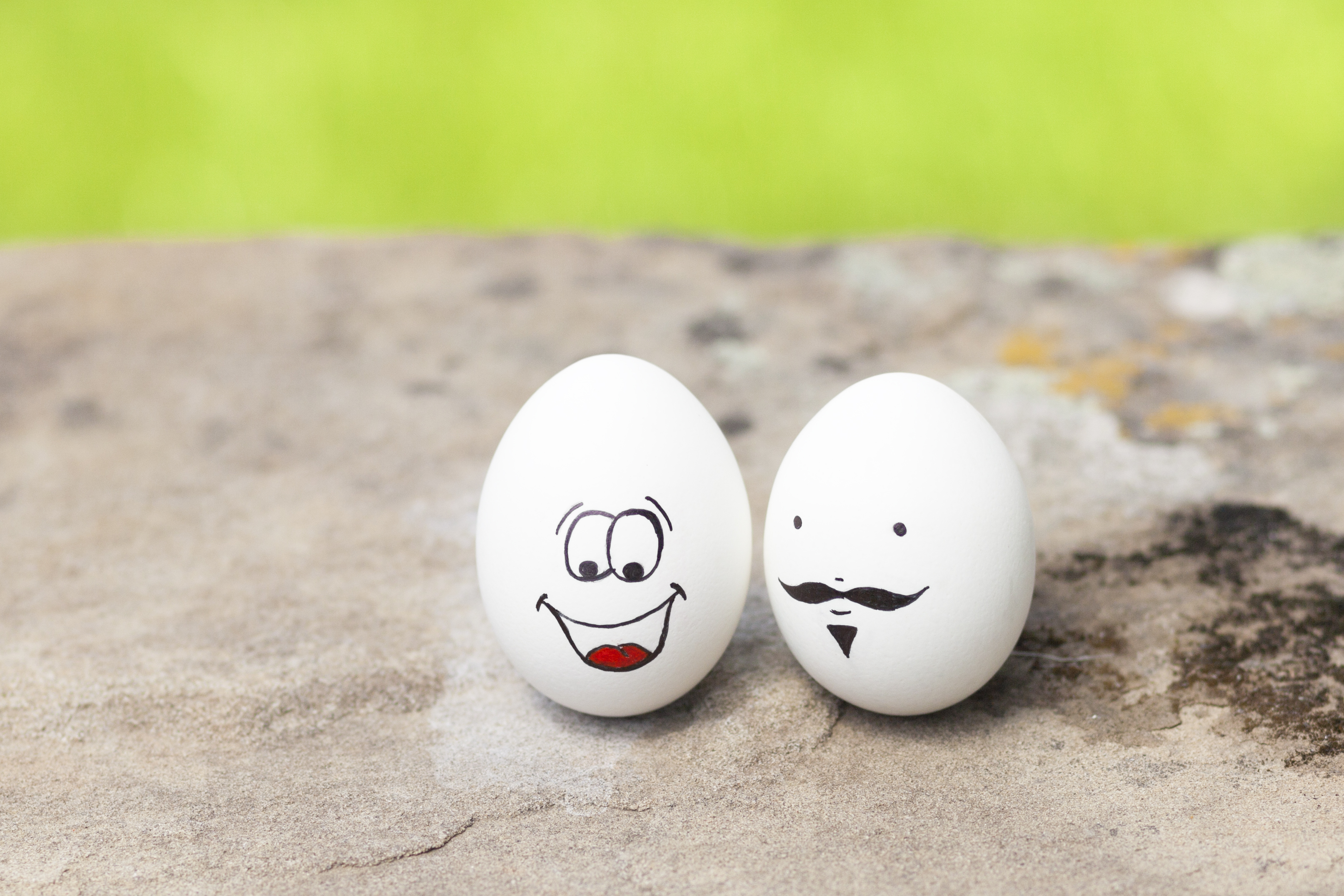The playful ribbing between me and my spouse Sabrina has never waned over the decade we’ve been together. She needles me with sweet ruthlessness about my directionlessness (ie. “We don’t need Google Maps, we have Steph!”) or on my dorky accessories (“Did you buy that bag at Staples?”). And I tease her about her religious devotion to sleep — “It’s Friday night,” I’ll enthuse like we’re going to party, “wanna sleep?” But it always elicits mutual belly laughs. Little did we know that it may be the key to our happy union.
New research in the Journal of Research in Personality, co-authored by Kay Brauer and René T. Proyer, Ph.D., professors in the Department of Psychology at Martin Luther University in Halle-Wittenberg, Germany, studied 154 heterosexual couples, identifying and defining three traits revolving around humor that predict both positive and negative outcomes for relationship satisfaction: the fear (gelotophobia) and joy (gelotophilia) of being laughed at (I fall into this latter category!) and the pleasure derived from laughing or ridiculing others (katagelasticism).
The researchers noticed that women who liked being teased showed a greater fascination, appreciation, sexual satisfaction and sense of togetherness with their male paramours. And their male partners also reported a greater sense of togetherness, as well as sexual satisfaction. Women, he says, are more inclined toward funny men in general. “Humor production can be an indicator of things like intelligence,” he adds.
Jeffrey Hall, Ph.D., a professor in the Department of Communication Studies at the University of Kansas, who has conducted two studies on the function of humor in our lives, one this summer and another in 2015, says his forthcoming research will contest the long-enduring notion that women find humor in men attractive because it signals their smarts: “The evidence isn’t there that humor used by men is perceived as intelligent by women, nor is the link between intelligence and humor strong,” he says. It’s more likely that guys who can use humor on the fly hit the mark for women because of things like “good timing, self-deprecation, playfulness, flirtiness and being inviting.” None of that is intellectual, he says.
He’s with Proyer, however, on the notion that there are gender differences in the execution and perception of humor. For his part, Proyer argues that the desire women may feel for playfulness observed in men “could be an indicator of lower aggression, making those men especially appealing to women.”
People who don’t enjoy being teased don’t fair well among the funny. They tend to distrust “lightness or silliness,” says Proyer, making them “prone to disagreements with their partners based on misunderstandings and misinterpretations.” Their uneasy sense of togetherness and tenderness toward their partner — especially if their partner enjoys teasing them — can make their relationship more challenging. He advises gelotophobes to date people with similar personalities, while also trying to build up “more positive experiences with laughter.”
The last group the team studied are those who take pleasure in laughing at others with little regard for whom they hurt (katagelasticists). Theirs is humor with a sharp-toothed bite, which may predispose them to more disagreements and conflict in their relationships.
Fundamentally, Proyer says, it’s important that people pair up with those who have a similar comedic sensibility. If they are aligned, no matter how funny or somber they are, they’re more likely to have a workable relationship.


